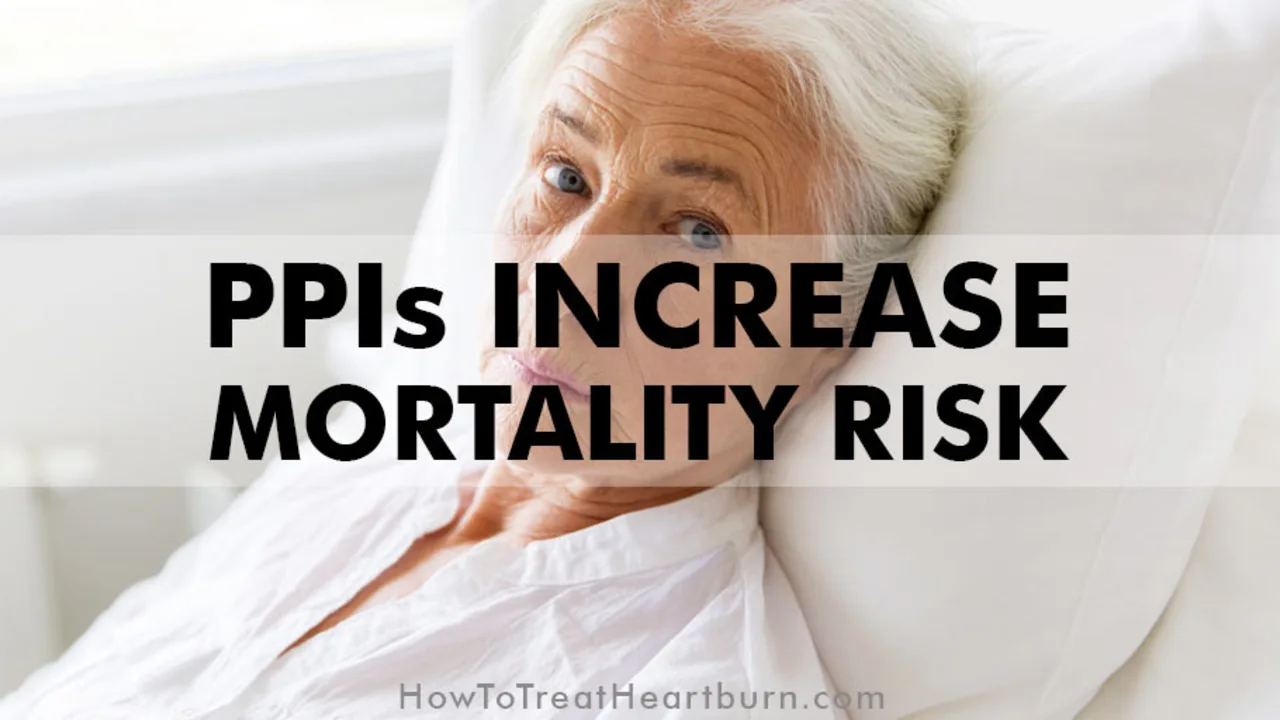Managing heartburn: quick relief and everyday fixes
Heartburn stings and ruins meals — and nights. If you get it now and then, you can often stop it yourself. If it’s regular or worse, get checked. Below are clear, usable steps you can try today to cut symptoms and avoid surprises.
Fast fixes you can use now
Need relief in minutes? Try an antacid (Tums, Rolaids) to neutralize stomach acid. They work fast but wear off quickly. For a longer short-term effect, try an H2 blocker like famotidine (Pepcid) — it can last 6–12 hours but takes longer to start working. If you want sustained control, proton pump inhibitors (PPIs) such as omeprazole or lansoprazole reduce acid production for days, but they don’t give immediate relief and should be taken as directed, usually before a meal.
Alginate-based remedies (Gaviscon and similar) form a foam barrier that stops reflux from coming up. That’s great right after a heavy meal. If your doctor prescribed sucralfate for ulcers, note it works differently: it coats the lining and helps heal, but it’s not a quick neutralizer of acid.
Daily habits that actually reduce heartburn
Small routine changes cut symptoms more than one-off fixes. Eat smaller meals and stop eating 2–3 hours before bed. Elevate the head of your bed by 6–8 inches or use a wedge — gravity helps keep acid down. Lose even a few pounds if you’re overweight; pressure on the belly pushes acid up. Skip trigger foods like spicy meals, greasy or fried foods, chocolate, peppermint, citrus, and large amounts of coffee or alcohol. Quit smoking — it weakens the valve that keeps stomach contents where they belong.
Timing and consistency matter for medicines. Antacids are for instant relief. H2 blockers fit when you need longer daytime control. PPIs are best for frequent heartburn and must be taken the same way every day for best effect. If you’re mixing meds, watch interactions and talk to a pharmacist.
When should you see a doctor? If heartburn happens more than twice a week, wakes you at night, or comes with trouble swallowing, unplanned weight loss, vomiting, or bloody stools — get medical attention. Chest pain that feels like heart trouble should be treated as an emergency until a doctor says otherwise.
Want to buy meds online? Use reputable pharmacies with clear contact info and require a prescription for prescription drugs. Check for pharmacist access and read reviews before ordering. If you’re unsure which drug is right, ask a pharmacist or clinician rather than guessing.
One last thing: if over-the-counter fixes stop working or you need long-term PPIs, talk to your clinician about tests and safe long-term plans. Managing heartburn is often a mix of quick relief, daily habit changes, and the right medicine at the right time.

Tizanidine and Heartburn: Tips for Managing the Side Effect
- by Colin Edward Egan
- on 8 Nov 2023
Hey there, I'm just a guy who knows a thing or two about that irritating side effect of Tizanidine - heartburn. Listen, I get how uncomfortable it can be, feeling that burn after taking your medication. So, I've put together a few practical tips to help manage this unwelcome guest. From tweaking your diet to changing how you take your meds, I've explored several strategies that might just do the trick. Stick around and let's tackle this burning issue together!
